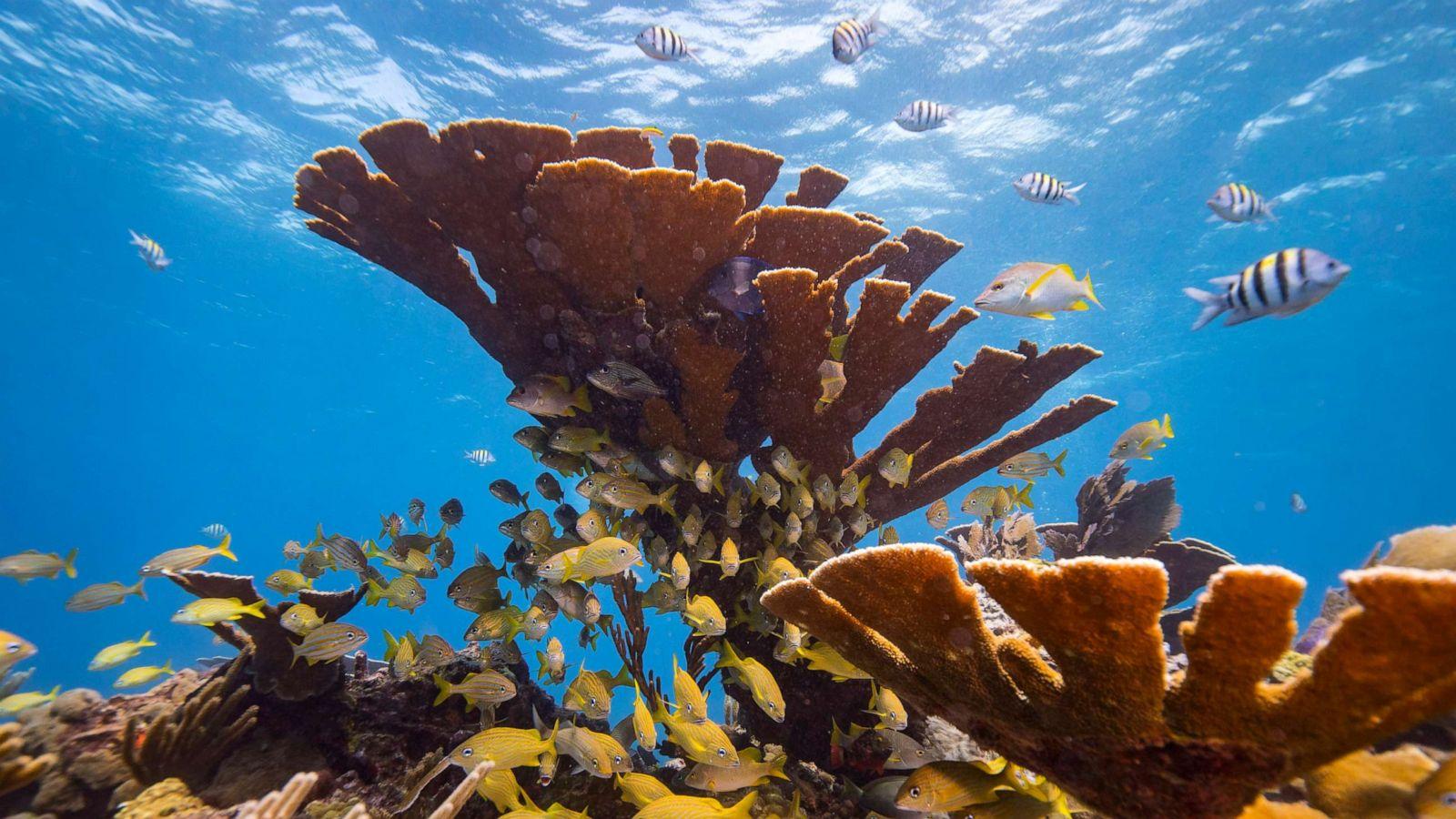Earth Sciences Professor Grottoli Part of International Team To Protect Coral Reef
Distinguished Professor of Earth Sciences and President of the International Coral Reef Society Andrea Grottoli is a co-author on the newly released paper "Rebuilding Coral Reefs: A Decadal Grand Challenge" calling for new commitments and actions by the world's policymakers to protect and restore coral reefs. Specifically, the paper outlines the dire state of coral reefs, the causes of the coral reef crisis, and actions needed to prevent irreversible damage and worldwide collapse of coral reefs. The recommendations for policy action are to:
- Reduce global climate change threats by establishing and following through on commitments such as the Paris Agreement and Blue Carbon Initiatives.
- Improve local conditions to build resilience through active coordination among agencies at all levels of government for the management and protection of reefs and surrounding coastlines.
- Invest in active restoration to enhance recovery coupled with support for innovation.
Current models show that 10-30% of reefs will persist this century if temperature rise is limited to 1.5˚C but only 1% will remain if increases reach 2˚C by the end of this century. This is a crisis for reefs and for people. Not only do reefs protect coastlines from damage and flooding, provide food for millions of people, and have an estimated global annual economic value of 10 trillion USD, reefs are vital ecosystems that support over 30% of marine species. Each year that we do not act to reduce greenhouse gas emissions and mitigate climate change, every year that we do not improve local conditions to build reef resilience, every year that we do not invest in active reef restoration and innovation, decreases the percentage of reefs that will survive this century, and undermines all of our efforts to protect and rehabilitate coral reefs through local interventions. We have no time to waste.
The paper is the product of a group of international researchers representing thousands of coral scientists across the globe and is co-published by the International Coral Reef Society and Future Earth Coasts. A high-resolution copy of the paper, along with translations of the executive summary and press release can be found here.

